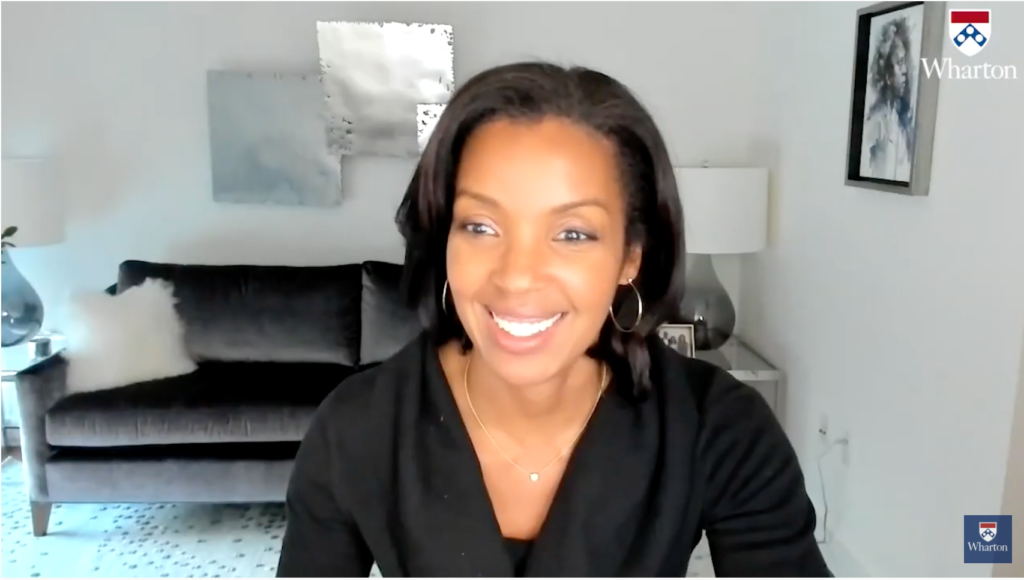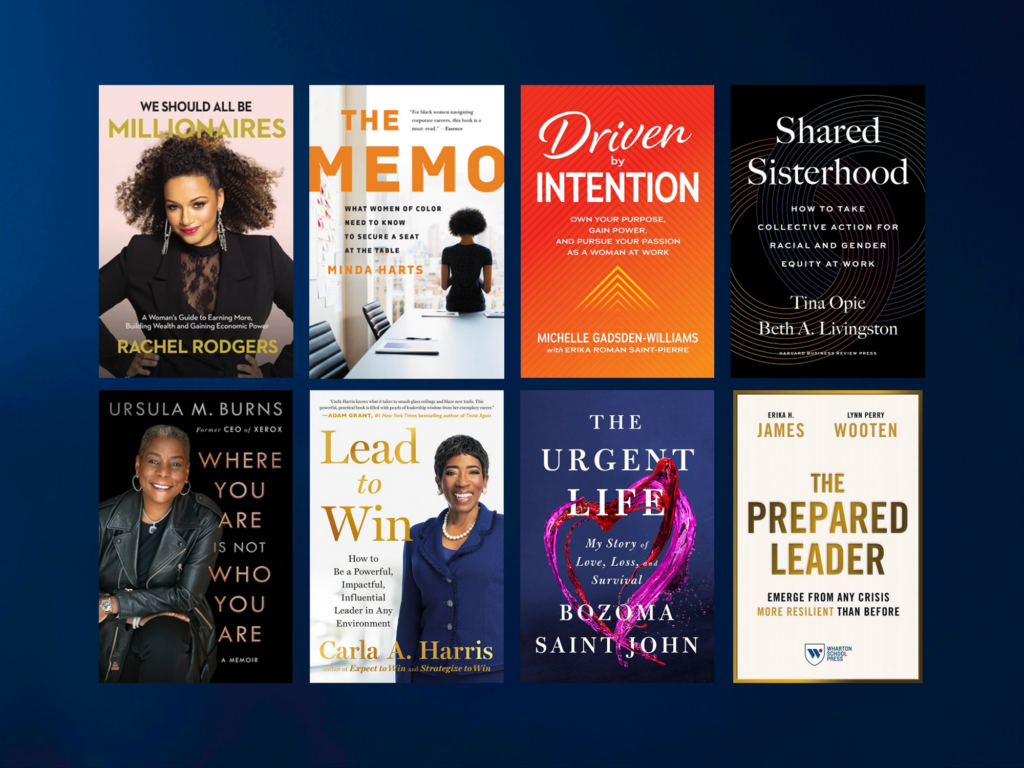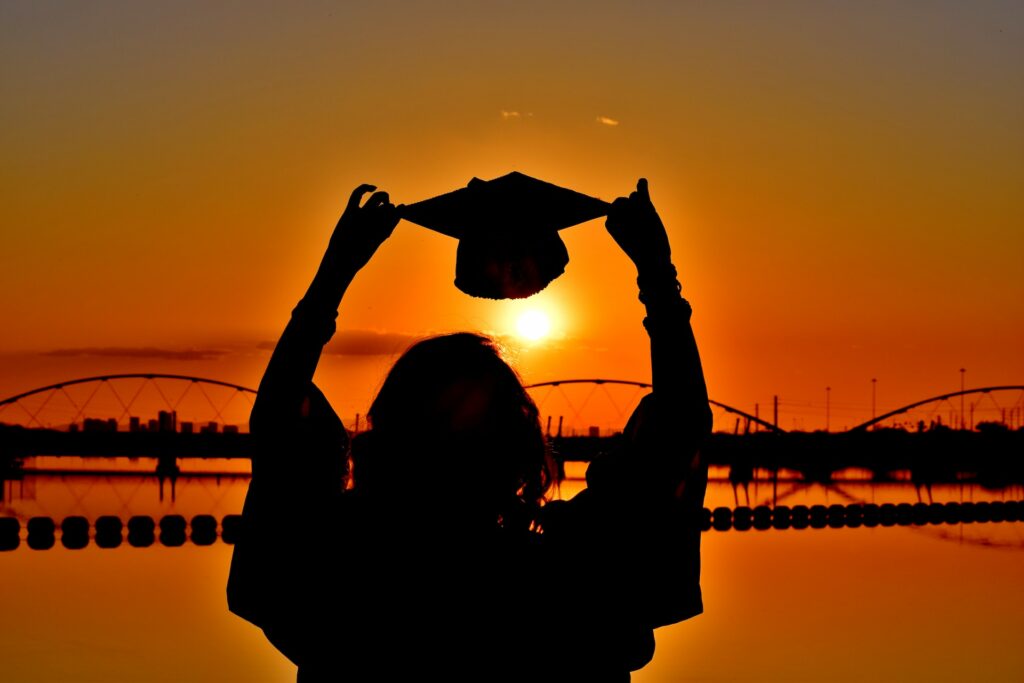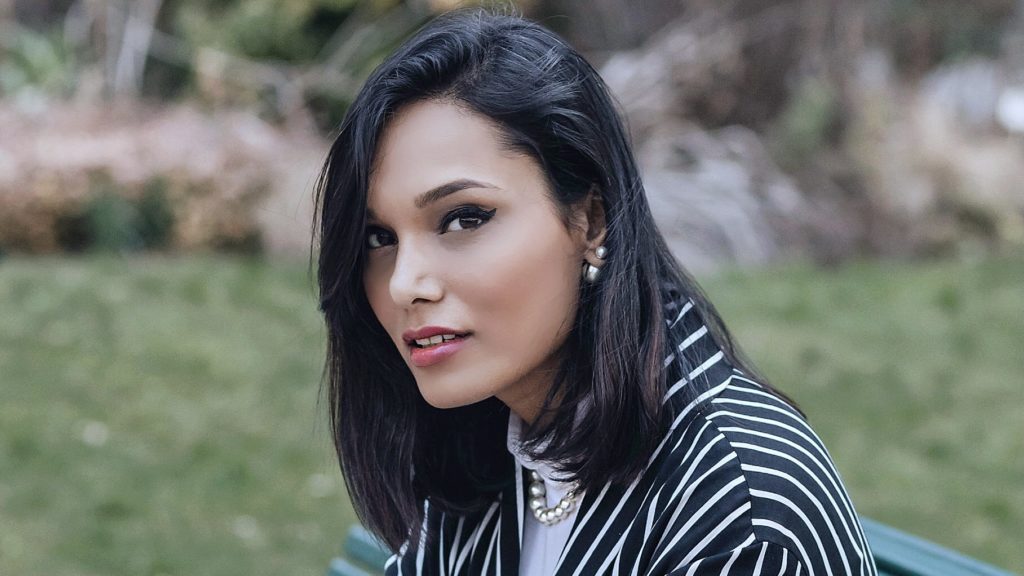Wharton’s incoming class is over 50% women for the first time in 140 years

Dola Halder, an India native and the former Brand Head for Doritos PepsiCo in her home country, is excited about her next move.
The experienced marketer is joining the The Wharton School this fall 2021, and she’s in good company. Halder is a member of the prestigious school’s first incoming class in its 140-year history that is dominated by women. Fifty-two percent of this year’s class are female professionals.
“It’s a remarkable feat,” Halder wrote on her LinkedIn page. “Wharton walked the talk…I am already visualizing a higher number of seats being taken by women in future meeting rooms, board cabinets and Fortune 500s.”
Wharton’s class of 2023 also includes 35% people of Black, indigenous, Hispanic and Asian descent and 7% are members of the LGBTQ+ community.
Business Schools Aim for Gender Parity
The makeup of Wharton’s newest cohort reflects a decade-long trend of an increasing number of women enrolling in MBA programs. In 2013, women made up 33 percent of all business school students, but that figure now stands around 39%, according to the Forte Foundation. The nonprofit, which promotes gender parity in business, says 22 of their 52 member business schools report that women make up more than 40% of their classes.
A handful of other business schools in the U.S. have enrolled high numbers of women, including Georgia State University’s Robinson College of Business, which recently enrolled 61% women and USC Marshall, which welcomed 52% of women to their Full-Time MBA Class of 2020. Emory University’s Goizueta Business School says its One-Year MBA’s incoming class includes 51% women.
Even with this push toward gender parity, this is the first time one of the “Magnificent 7” or “M7” top business schools has enrolled such a large proportion of female MBA candidates, although a few have come close. In 2020, Stanford Graduate School of Business enrolled 47% women and Harvard Business School enrolled 44% women. Details on incoming class makeups are forthcoming.
Since this story went live, Duke’s Fuqua School of Business is reporting an incoming class that is 48% women, Northwestern’s Kellogg School of Management reports 49% women in their incoming class of 2023, Harvard Business School reports an incoming class that is 46% women, Dartmouth Tuck reports that the class of 2023 is 46% women (p.s., Tuck’s incoming second year class is 49% women), and Michigan Ross reports that the class of 2023 is 46% women.
An Ongoing Effort at Wharton
Halder credits Wharton’s increase in diversity to a mix of more inclusive recruitment practices and increased applications from women.
“This can’t be a one-year effort,” she told MBAchic in an interview. “People have to apply in the first place and the school has to present itself as an institution that acknowledges and values diversity and inclusion while going the extra mile in order to achieve a number like this.”
Erika James, Dean of the Wharton School, confirms that the accomplishment was “long in the making.”
She says the record number of female candidates follows years of “committed leadership, relationship building and culture enhancement.”
The dean, who became the school’s first female leader in 2020, says the milestone brings her personal and professional joy. A workplace diversity expert, she’s regularly written articles and published research about the importance and power of engaging women in business school and propelling them into the C-suite and positions of leadership; she co-wrote a study in 2007 that uncovered the importance of proportionate representation of female CEOs in how they are received by their counterparts.
The Pandemic’s Role on MBA Applications
During the pandemic, women applied to business schools at explosive rates. In 2020, full-time MBA programs reported receiving 62% more applications from female candidates, according to the Graduate Management Admissions Council (GMAC).
Business schools made deliberate changes to their enrollment process to encourage an influx of applications, including extending deadlines, waiving admissions test requirements, and lifting admissions fees. Additionally, 61% of U.S. MBA programs allowed students to defer entry into their programs, meaning they could apply and if accepted, choose a later start date for the MBA program if necessary. A previous GMAC study suggests deferment options may be especially appealing to women.
Greater flexibility and removal of some of the financial barriers are just a few things that make business school especially appealing for women.

A Catalyst for Change
In a LinkedIn article Dean James says while Wharton celebrates this important milestone toward gender parity, “we must also consider how we remove the roadblocks women encounter on the road to success – not just in business, but in life.”
“…Even in 2021, women still command a small percentage of leadership positions in the corporate arena,” she said. “If industry truly desires its organizations—and the leadership within them—to reflect the world around us, we must improve the diversity of the pipeline of future business leaders. In short, this crucial work must start here.”
Halder from Wharton’s incoming class says it’s imperative for women to join inclusive environments like her new institution’s.
“Now is no longer the time of work life balance, it’s about work life alignment,” Halder said. “You are the same person when working as you are when you are hanging out with friends, and so when you enter environments where you are embraced, you are naturally more productive and successful.”
Want to share your experiences with our audience and help pay it forward? Get published, review your program, work with us, or become a community mentor.
And join the MBAchic community to connect with MBAs & professionals around the world.








